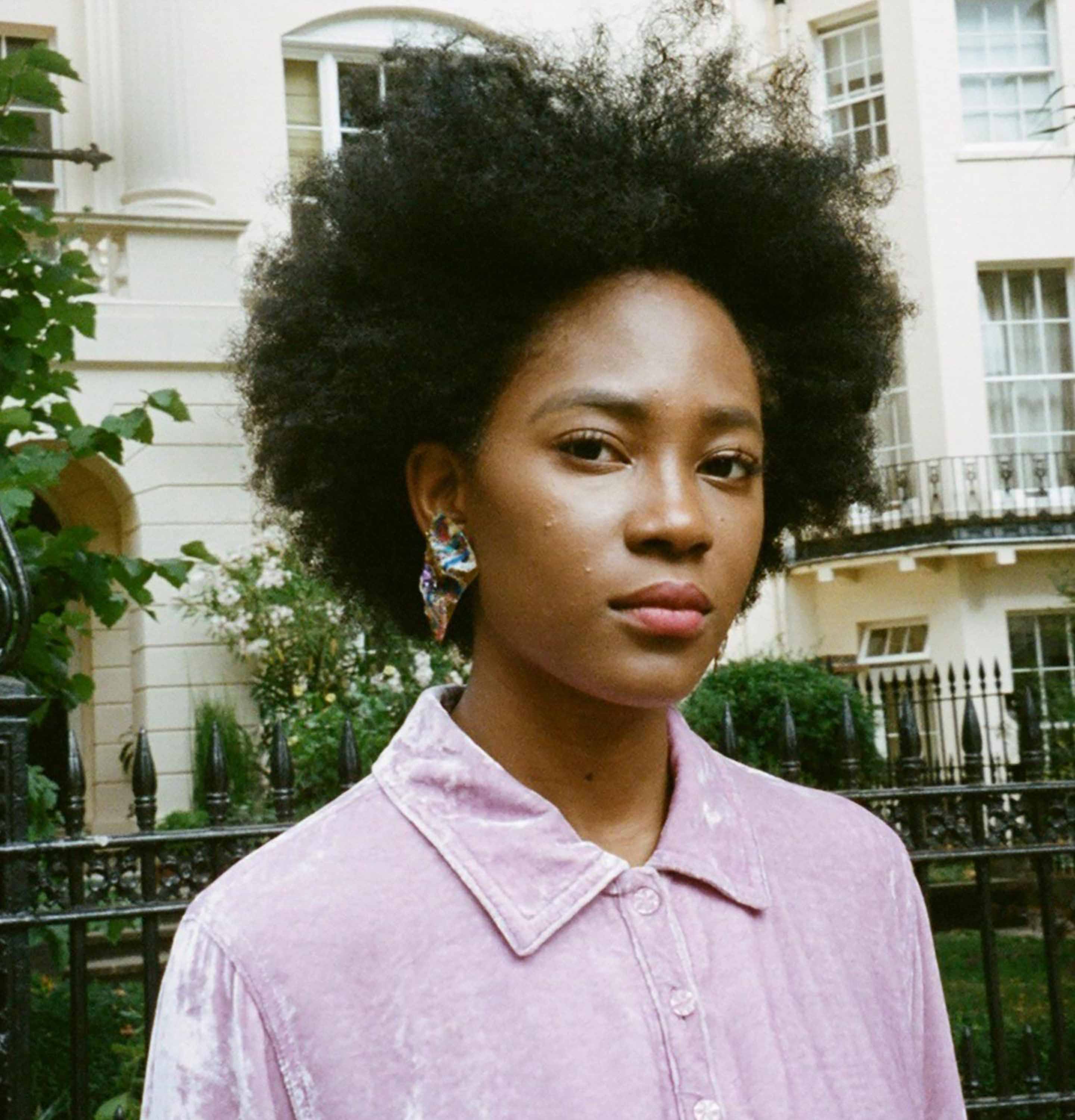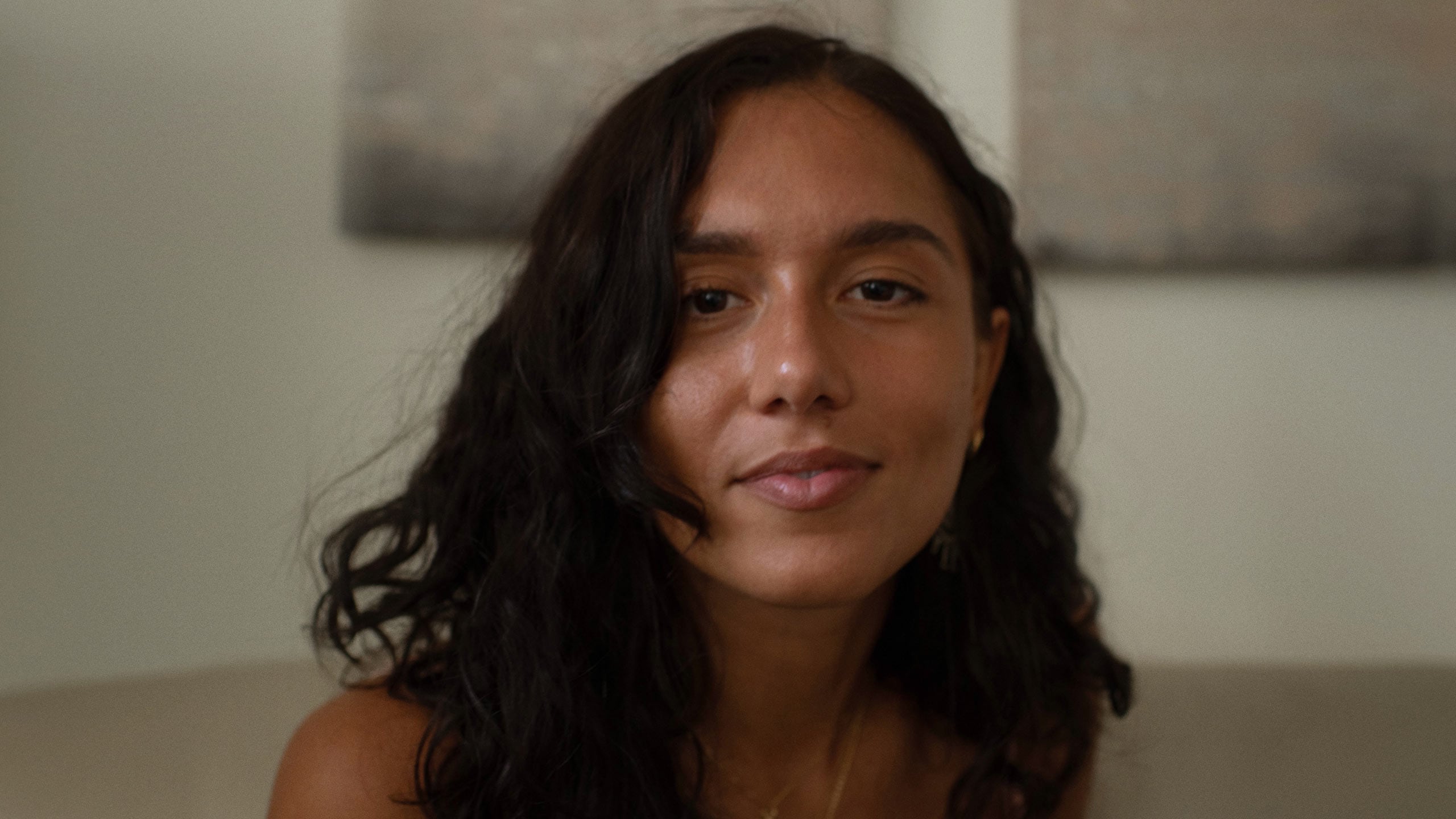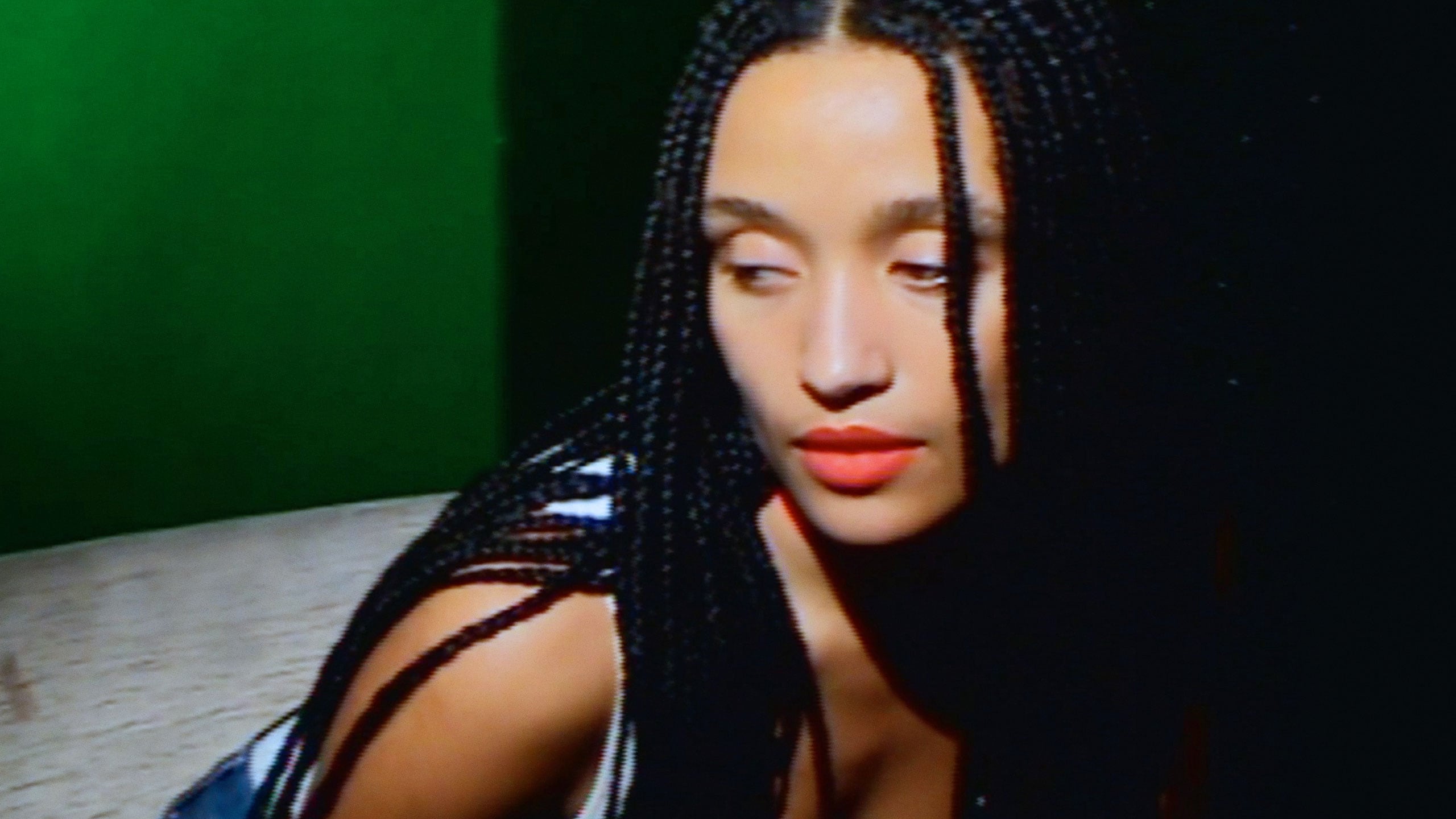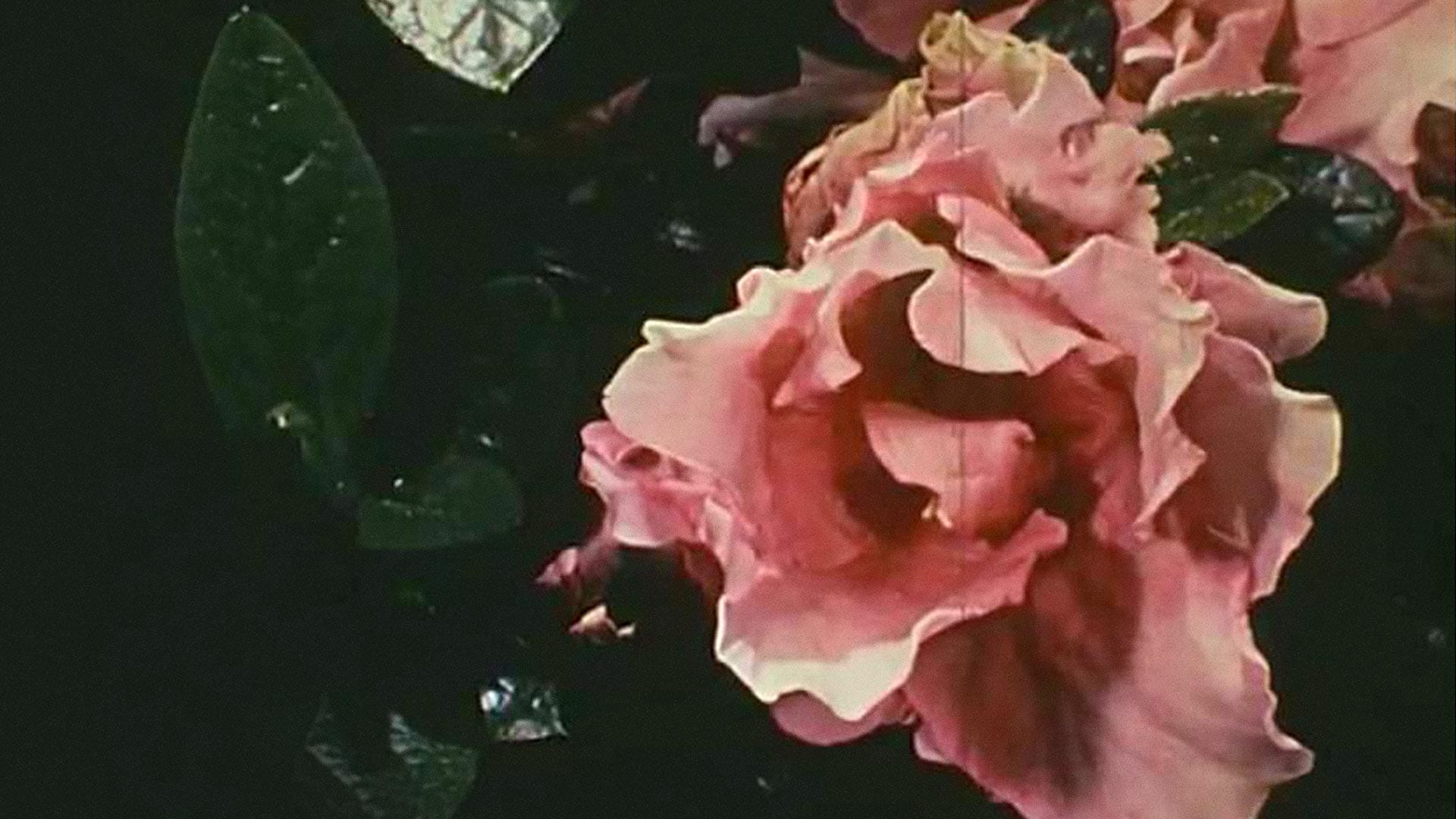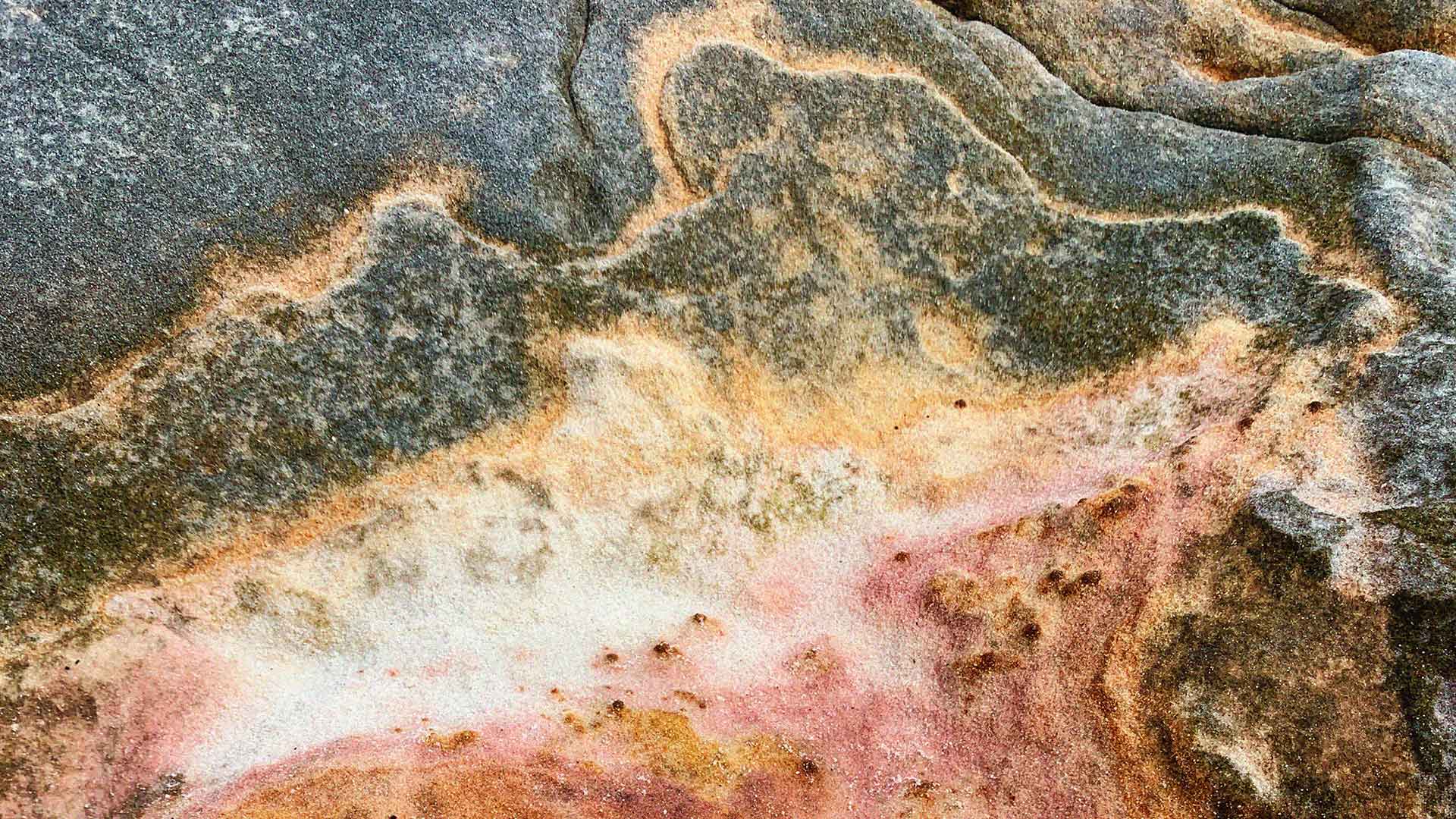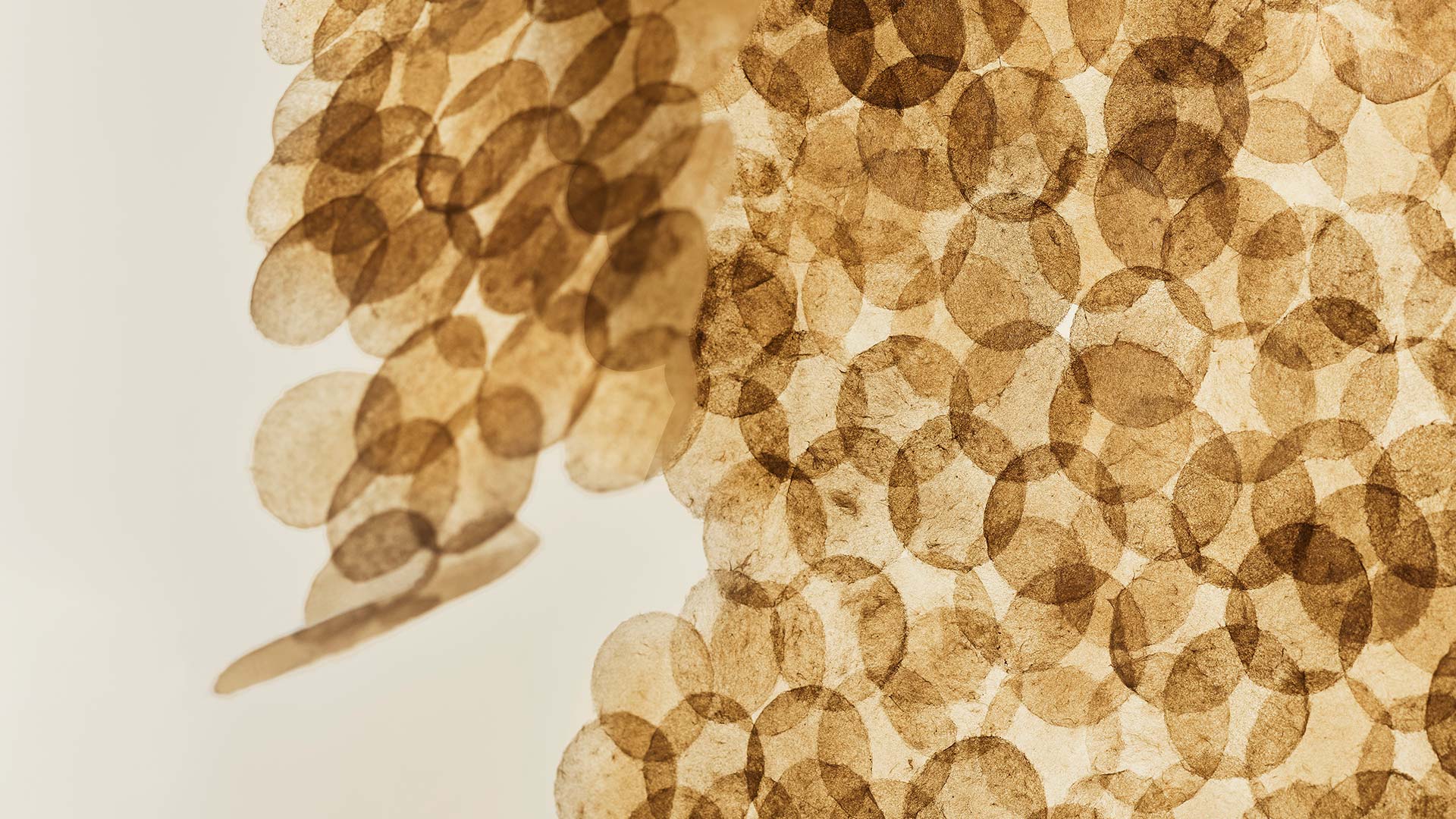Could you please introduce the work and talk about its creation?
Inspired by IWD, I've put together a mix of songs and words exploring love, gender, sexuality and some of the many-layered mysteries of womxnhood. Featuring the wisdom of Audre Lorde, bell hooks, Eartha Kitt, Beverly Glenn Copeland, Max Dashu and Maya Angelou.
Do you have a daily creative practice? How do you know when a work is complete?
I'm usually working across a few different mediums and different projects, so my routine and rhythm is constantly changing. One thing that is constant, though, is my journaling; I try to take some time before bed every evening to write something down. It could be a stream-of-consciousness 'download', a poem, or a record of the day's events, but it always helps me to ground myself and connect with where I'm at internally.
Sometimes it's difficult to know when things are ‘complete’. I'm a perfectionist, so I'm always trying to amend and tweak things up until the very last minute. Though I'd like to think I'm getting better at letting go and accepting the imperfections in what I create.
Which sense allows you to experience the world most intimately?
So much of my work is audio-based, so of course I love to listen. I find deep listening to be a very meditative experience, as it brings me right into the present moment, whether I'm recording an interview with somebody, listening to the rhythms of their speech, or I'm out in the natural world, hearing the dry grass crunch beneath my feet. But listening is enlivened and informed by all of the other senses, too. Do I have to choose? Haha.
Is there a particular woman who has inspired you and/or your work?
I'd have to say my mum. She suffers from schizophrenia and has been through so much in her life, and yet she is one of the most loving, caring, switched-on (and hilarious!) people I know. Her journey of recovery and healing through really difficult circumstances has taught me that change and renewal is possible if we are courageous enough to face up to all of the things that make us who we are—both the good and the bad. Big ups to Amey!
